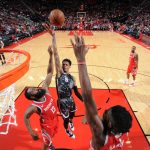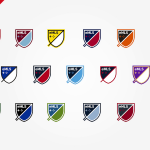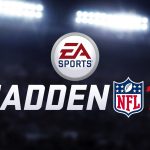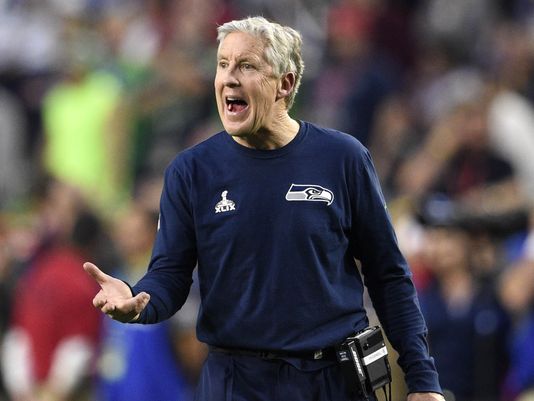Business and Life Lessons from Super Bowl 49—“Reacting” Is Not a Successful Game Plan
February 2, 2015

Pete Carroll’s reaction to his disastrous play
Everyone is a Monday morning quarterback after a big game, but never more so than the days following a Super Bowl. This year, in particular, the Seattle Seahawk’s play call that will live in infamy as “the worst play call in Super Bowl history” has us all asking the same question, “Why?”
Seattle head coach Pete Carroll summed it up in his explanation. “”We were going to run the ball to win the game — just not on that play,” Carroll said. “They had sent in their goal-line people. They had guys on the line of scrimmage.”
In non-sports English? Carroll let the Pats dictate the terms of action. By setting up a hard defensive line at the line of scrimmage , the Patriots forced Carroll and his quarterback, Russell Wilson, to react, rather than act. In life, as in sports, that’s exactly when things start to go awry.
New Coke’s Recipe for Disaster
The classic business example of the perils of reacting—or in the case of Coca-Cola, overreacting—is New Coke. Fearful of Pepsi’s growing market share, in 1985 Coca-Cola introduced its “new and improved” formula to much fanfare…and near-unanimous derision.
The problem? “New and improved” is only a good plan when the old product needs improvement. Coke, the drink, didn’t need improving, the company’s marketing and sales did. The new product was pulled within 3 months of its introduction. New Coke’s bad-tasting recipe was unintentionally a recipe for disaster, a lesson Coke learned the hard way.
McDonalds Learns From Its Mistakes
“Reacting” is also what had McDonalds in the doldrums recently, until “acting” brought them out. With net income down 14.5% in the past year, and disastrous 4th quarter earnings, things hadn’t been looking good for the world’s premier fast food giant. By lading their proven-successful menu with “healthy alternatives”, they had been reacting to an onslaught of media hype against the evils of fast food, as well as a call for more high-end, specialty items. People wanted salads and specialty wraps, the headlines proclaimed, and McDonalds responded. The only problem was, no one was buying.
It turned out that actual customers, not the media, didn’t want healthy or high-end, they wanted their Big Macs and fries. Salads and smoothies were universally poor sales performers, yet were hogging the menu , along with more specialized items that McDonalds hoped would attract a more discerning palate. The increased number of items, along with the more labor-intensive specialty products, were slowing drive-thru response times and confusing food preparers. Productivity was way down, and franchise owners balked at the cost of expensive new equipment that wasn’t showing any return.
So McDonalds acted. They streamlined their menu, returning to their core, value-driven items that had a proven track record. Last week, CEO Don Thompson resigned, and the stock immediately surged over 3% at the news. They introduced a new, original marketing campaign in their Super Bowl ad, asking random customers to “pay with love” instead of money. McDonalds may still see more downs than ups in its recovery, but it has certainly learned the lesson of what happens when you react, and abandon your core business.
Which brings us back to Coach Pete Carroll. Of course, hindsight is 20-20, and none of the “expert” Monday-morning quarterbacks really knows if the Seahawks would have completed a touchdown if they had run the ball instead of passing. But, in that scenario, running the ball was the Seahawks core business, and even Pete Carroll admits that he abandoned what they do best.
“This one didn’t work out for us. In retrospect, we could have run it.”
Act, don’t react. Stick with what you do best but if you really need to change your game, make sure it’s on your own terms, not a reaction to someone else’s.
Business & Finance Articles on Business 2 Community
(289)














